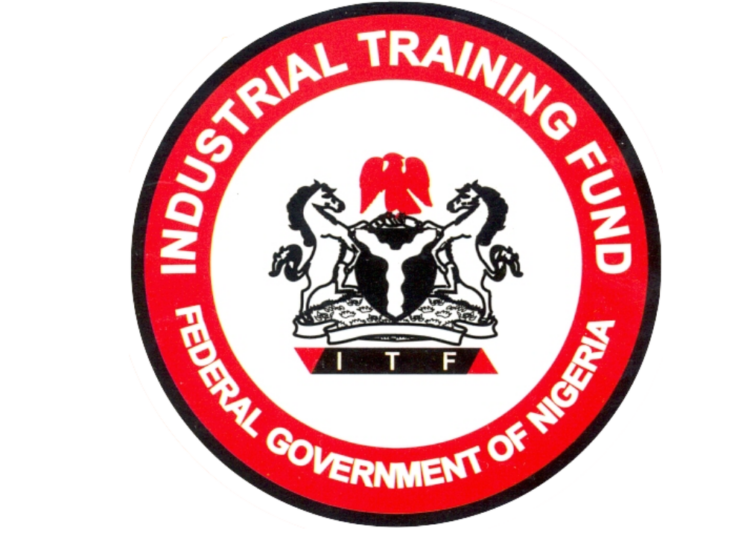The Industrial Training Fund (ITF) has announced a significant shift in its approach to skills development, discontinuing the provision of starter packs to graduates of its training programs. Instead, the ITF will now focus on providing artisans with globally recognized certifications, aiming to enhance their professional standing and improve their employability both within Nigeria and internationally.
Dr. Afiz Oluwatoyin Ogun, the director-general of the ITF, revealed this new strategy during a media briefing held in Abuja. He explained that this change is intended to deepen the level of professionalism among Nigerian artisans, increase their marketability in a competitive job market, and ensure their skills align with international industry standards and benchmarks.
“Rather than handing out starter packs, we are exposing our artisans to certification from both local and international awarding bodies. This will certify them as fit for both local and global markets,” Dr. Ogun stated. This decision follows the ITF’s recent evaluation of privately owned training centers that are participating in its Skills-Upgrading and Professional Advancement (SUPA) program, ensuring quality and relevance of training.
This development precedes the launch of Phase II of the SUPA program, through which the ITF aims to graduate an impressive 100,000 artisans across Nigeria. According to Dr. Ogun, these participants will include the 29,000 graduates from the initial Phase I and a significant portion of the over 700,000 individuals who have already registered on the ITF’s SUPA platform, demonstrating the widespread interest in skills enhancement.
To facilitate broader access to these opportunities, particularly given the nationwide distribution of the potential beneficiaries, the ITF is significantly increasing the number of accredited training centers. “To make access seamless, especially considering that this population is spread across every local government in Nigeria, we are expanding the number of training centres from 880 to 1,500. At least two training centres per local government area will be accredited,” Dr. Ogun announced.




